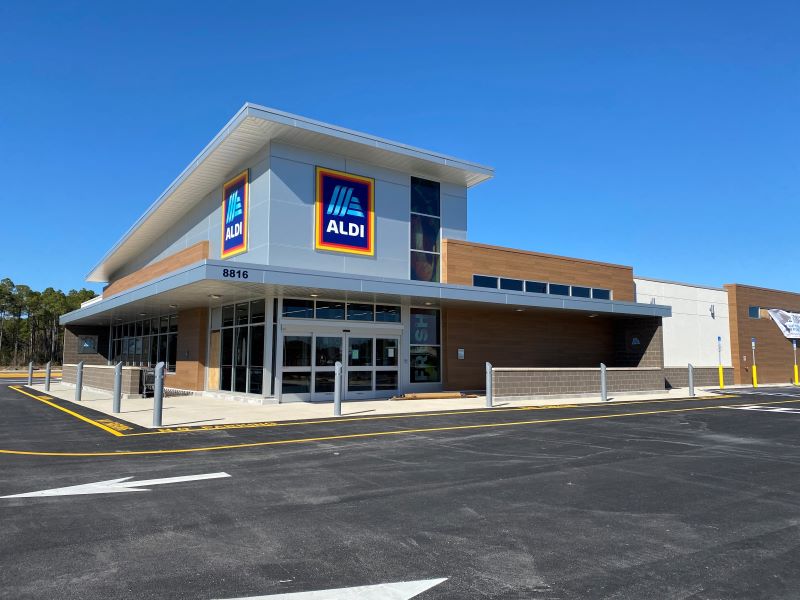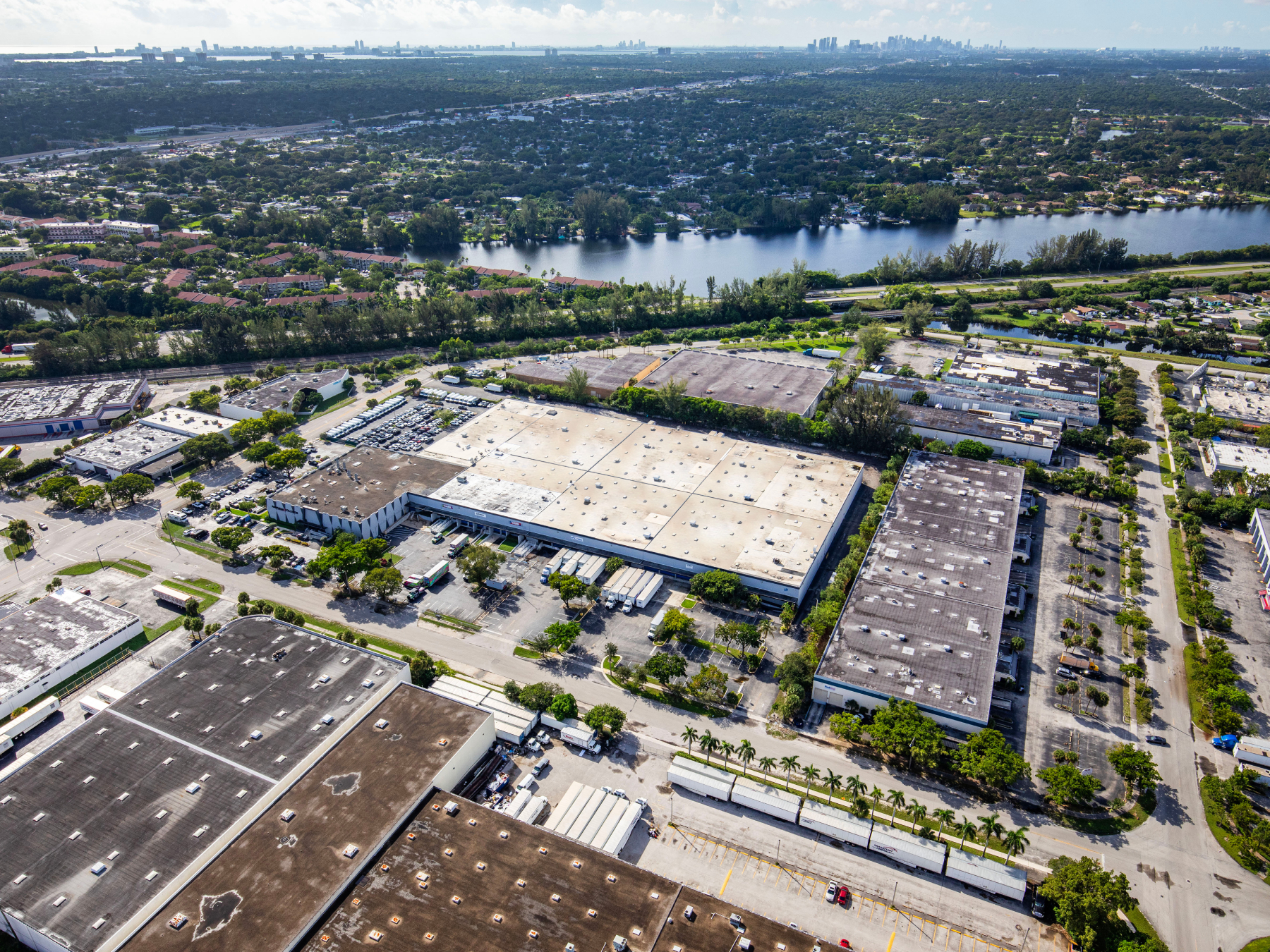Q&A: Can Data Help Lenders Recover Faster?
Ocrolus Co-Founder John Guerci discusses how fintech could enhance the debt market post-COVID-19 and how lenders could better navigate these complicated times.
It comes as no surprise that the finance sector, much like every other industry, is adjusting to new realities shaped by the ongoing global health crisis. Learning as they go, organizations are exploring various solutions on how to manage the current uncertainty and volatility.
Commercial Property Executive spoke to John Guerci, co-founder & director of strategy at Ocrolus—a fintech infrastructure company, about how data-driven solutions could streamline the post-coronavirus recovery for debt providers. Focusing on loan originations, the firm “automates document-driven workflows for high-stakes financial decisions,” Guerci explained.
READ ALSO: Crisis Moves Loan Servicers to Center Stage
What hurdle in the lending process does your company address?
Guerci: The company solved the burden of document processing with “human-in-the-loop” technology that combines AI with human quality control technicians. Documents are initially parsed using computer vision and pattern recognition, extracting data points and computing cash-flow analytics based on the lenders’ specifications. Most documents can be read automatically, though a portion of documents is routed to humans for verification.
How has the COVID-19 crisis impacted your workflow?
Guerci: Given the sensitivity of the data that we process, it was a logistical and technical challenge for us to mobilize our workforce so quickly. For data verification operations, we supplied secure new computer hardware to ensure we could continue to process data in a controlled environment. We also added new quality control measures and increased the ratio of managers to employees.
In terms of demand for loan underwriting, we are seeing less overall demand, although it has been a mixed bag. Certain mortgage lenders have increased their application processing. Business lending applications are actually up, but the environment is so risky that lenders have been reviewing fewer deals. However, the Small Business Administration’s recent stimulus is creating surging demand for fintech products among both existing SBA lenders and lenders who are newly positioning themselves for the SBA program. Of course, the stimulus will also provide air cover for commercial real estate lenders.
How are historically low mortgage rates influencing the markets you serve?
Guerci: Historically low mortgage rates have been a boon for lenders. Of course, mortgage lenders are the biggest beneficiaries, but there is a trickle-down effect seen in business lending.
Given your close collaboration with lenders, how are they preparing for the uncertainty ahead?
Guerci: Diversification of the customer base can help lenders prepare for uncertainty. Those who diversify across industries will be the safest. Scalability is also critical during times of uncertainty and volatility. Lenders that are too reliant on manual processes will struggle to keep up operationally, whereas lenders with scalable infrastructure will adapt and evolve. Investing in data science is another measure that can help lenders respond to sudden market changes.
What have you learned about risk from the lenders you work with?
Guerci: Business lenders are most at risk since so many businesses are closed right now. Even as businesses begin to reopen, underwriting models will be especially dysfunctional for business lenders, more so than for other lenders, since there isn’t any precedent for such an event.
Within commercial property finance, those who have the biggest servicing pool are naturally at higher risk. Urban developers are at greater acute risk, but may be safer in the long run if their tenants are more durable.
What can you tell us about the adoption of fintech in real estate financing?
Guerci: Fintech has been slower to evolve in CRE compared to business and consumer lending. The relationship-driven nature of real estate financing has made it less prone to broker disintermediation compared to other asset classes. The back office is where fintech is thriving. Analytics and business intelligence—like appraisal technology—is seeing strong investment and adoption.
How do you see this trend going forward, given the current context?
Guerci: I expect consolidation to occur across the fintech markets, which have been hit particularly hard by the coronavirus. For analytics and business intelligence, consolidation may actually produce positive network effects that could make data more accessible and usable. Fraud prevention is a good example of network-driven technology that will benefit from consolidation. As most lenders spread themselves too thin to catch fraud without the right tools, fraud detection will become more valuable than ever.
In general, I think that data-driven lenders will come out on the other side of COVID-19 in the best shape. Underwriting models will be disrupted and there will be opportunity for innovators to fund confidently when others are still uncertain.










You must be logged in to post a comment.